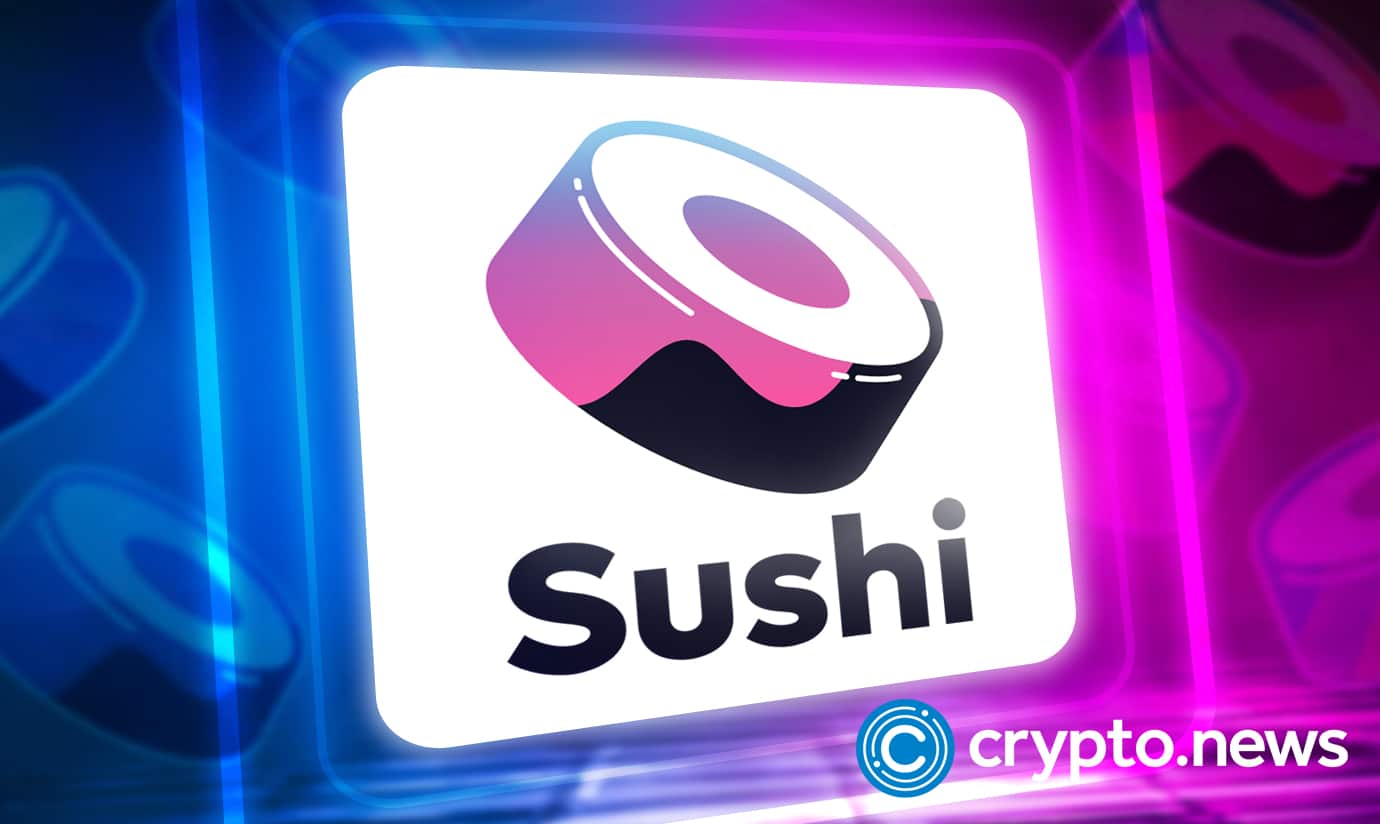DEX SushiSwap records a consistent increase in trading volume on Arbitrum

SushiSwap, a decentralized finance (DeFi) protocol on Arbitrum, has been experiencing a steady rise in trading volume. Yesterday, the total SushiSwap trading volume on Arbitrum rose to an impressive 44.6%.
Could this signify a shift in traders’ preferred exchanges?
This surge in the trading volume of SushiSwap on Arbitrum could be attributed to its fast transactions and relatively low transaction costs. Traders have shifted their focus and are more interested in using this platform for their trades than other exchanges, leading to a higher trading volume of SushiSwap on Arbitrum on Jan. 23.
SushiSwap primarily attracts DeFi investors and institutions seeking permissionless and non-custodial trading. Compared to previous exchanges, it offers a more equitable approach to governance. The decentralized exchange levies a 0.3% fee for token swaps, which is common in the market.
At the time of writing, Coingecko data shows 170 trade pairs and 61 cryptocurrencies are accessible via the platform. SushiSwap (Arbitrum One) recorded a 24-hour volume of $16,201,564.17, a change of -27.71% from the previous day. MAGIC/WETH is the most active trading pair, with a 24-hour volume of $10,292,973.15, followed by USDC/WETH at a trading volume of $2.869M.
SushiSwap said on Jan. 17 that it intended to improve its network by introducing its aggregator routers and incorporating functionality for autonomous collections of non-fungible tokens (NFTs). These initiatives are intended to improve the present platform and broaden the decentralized exchange’s user base.
What is SushiSwap Arbitrum
SushiSwap, a decentralized finance (DeFi) protocol, allows investors to trade and exchange cryptocurrency via its automated market maker model. Arbitrum, a layer-2 scaling solution, was devised primarily to help the Ethereum Network grow. It unloads the network by doing computing tasks off-chain at layer one of the system.
SushiSwap is currently trading on Arbitrum, Bancor, and Kyber Network. The SUSHI token helps power the platform, initially a Uniswap fork, and gives its holders authority over the protocol. The ecosystem’s participants deposit the token as security while borrowing money and use it to swap ERC-20 tokens.















